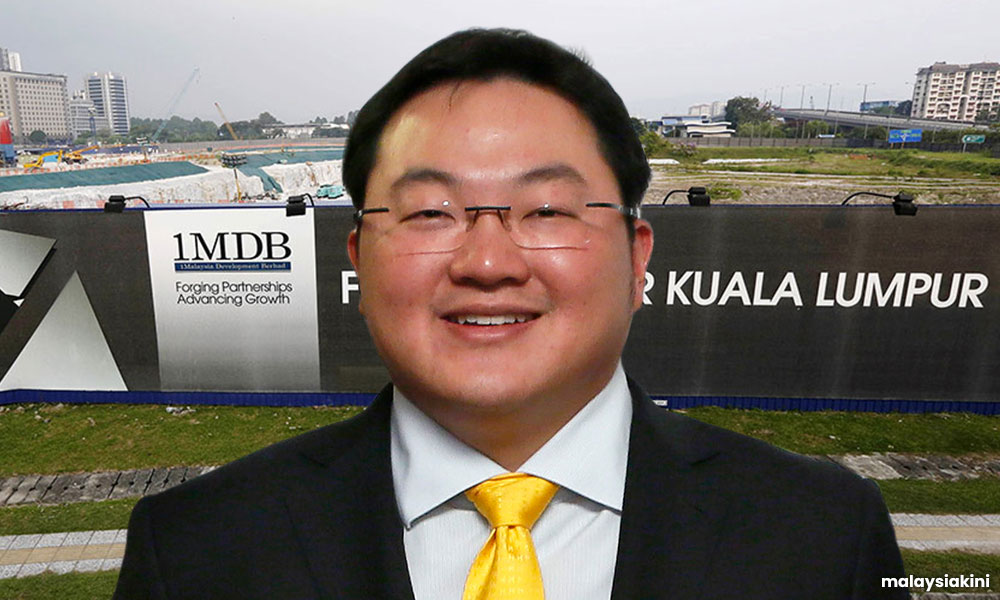A foreign businessperson convicted in a Kuwaiti court for money laundering has urged Malaysia to probe the alleged culpability of Gulf state officials in the 1MDB scandal.
Syrian-French businessperson Bachar Kiwan told Malaysiakini this after the conviction of Sheikh Sabah Jaber Al-Mubarak Al-Sabah, son of a former Kuwaiti prime minister, over charges linked to the Malaysian sovereign wealth fund.
The Kuwaiti court also found three others guilty including fugitive tycoon Low Taek Jho, better known as Jho Low, who was convicted in absentia.
“For me, it’s (just) another case,” Bachar, who is now in France, said when asked for comments on the convictions.
“But the most important part is that it is the first time after seven years that the son from the Al-Sabah family was convicted.
“That is very unique in Kuwait,” he added.
On Tuesday, Kuwaiti newspaper Al-Qabas reported that a sheikh, his partner, and two foreigners were sentenced to 10 years’ imprisonment, while a lawyer was sentenced to seven years.

They were also ordered to return US$1 billion (RM4.4 billion) in addition to paying fines totalling KD145 million (RM2 billion).
According to Al-Qabas, the five were accused of laundering Chinese currency equivalent to KD343,700,000 (RM4.95 billion) knowing they were illegal proceeds embezzled from a Malaysian sovereign wealth fund.
The newspaper only identified the two foreigners as Low and Bachar but did not name the Kuwaiti sheikh, his partner, or the lawyer.
Whistleblower site Sarawak Report, however, identified the sheikh as Sheikh Sabah Jaber. His partner was identified as Low’s associate Hamad Al Wazan and the lawyer as Saud Abdelmohsan.
‘High-level complicity’
Bachar, who had since last year made damning money-laundering allegations against Low and a Kuwaiti elite, further accused the Kuwaiti government of attempts to evade any accountability in the case.

“This is where Malaysia has to be very careful. This affair cannot happen without the active participation of Kuwaiti officials because we’re talking about billions, we’re talking about central banks.
“In 2018, your country (Malaysia) sent an inquiry to Kuwait. This inquiry was about some suspicious transfers. The answer from the Kuwaiti government was ‘we don’t have any problems’... It (the transfers) was 100 percent legal,” Bachar claimed.
“Since then the Kuwaitis have been very embarrassed because today the implications of officials mean that this case should have been raised between states.
“This is what Kuwait is trying to avoid and this is what Malaysia doesn’t understand yet,” he added.
Bachar noted that while the latest judgment did not involve the indictment of government officials, the alleged money trail from China to Kuwait - which was exposed by the Wall Street Journal in 2020 - could not have happened only between private entities.
As such, he said Malaysia should do more to look into the possible involvement of Kuwaiti officials in the transactions, citing information from three whistleblowers - including himself and two Kuwaiti colonels from the State Security Agency - who were involved in probing Malaysia’s 2018 inquiry.
“Your politicians should initiate cooperation with these whistleblowers to understand the whole scheme and responsibility of Kuwait.
“To raise this affair between states and not keep it as a private issue. It is not a private crime, it is a crime committed against the population of Malaysia, a crime officials under the state of Kuwait committed,” Bachar added.
The two colonels - Sheikh Faisal Al Salman and Nasser Al Tayyar - were reportedly arrested, charged, and acquitted in November 2021 over charges of leaking “state secrets” linked to 1MDB. - Mkini




No comments:
Post a Comment
Note: Only a member of this blog may post a comment.